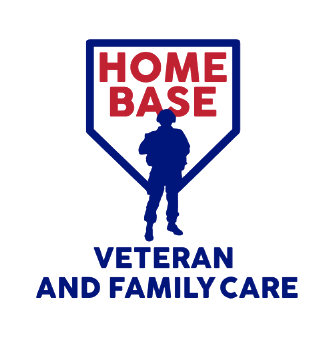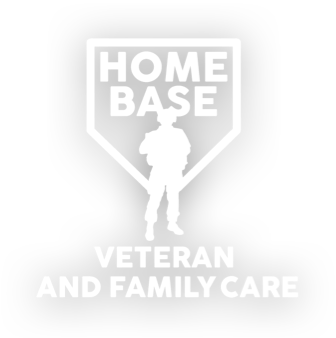Home Base launches new research study for Posttraumatic Stress symptoms
The new study, entitled Mismatch vs. standard intervention during memory reconsolidation blockade with propranolol: effect on psychophysiological reactivity during traumatic imagery, is funded by the National Institute of Mental Health (NIMH), and began in the third quarter of 2023. The project is led by Home Base Senior Director of Research Kaloyan Tanev MD, and Scott Orr PhD of the MGH Dept. of Psychiatry and the goal is to develop a novel intervention for posttraumatic stress symptoms inspired by the science of memory reconsolidation
If you or someone you know has experienced a traumatic event and would like to learn more about potentially participating in the study, click below to learn more:
More About the Study
Previous research has shown that when a stable, consolidated memory is reactivated under appropriate conditions, it reverts to an unstable state, a process referred to as deconsolidation. In such a state, the memory is susceptible to the action of various “amnestic” agents that may inhibit its reconsolidation, thereby weakening it. The β- adrenergic blocker propranolol (PPNL) possesses such amnestic properties.
More recent research has found that in order to initiate deconsolidation, there must be a prediction error, or mismatch, between what is expected and what occurs when the memory is reactivated. Prior placebo-controlled, randomized clinical trials from our laboratory have found that when propranolol is administered concomitant with the reactivation of a psychologically traumatic memory, the memory is weakened, as revealed by subsequent lower physiological (heart rate, skin conductance, facial electromyogram) responding during script-driven mental imagery. Clinical applicability was evaluated in a placebo-controlled, randomized clinical trial, in which PTSD participants receiving propranolol underwent six weekly sessions of 10-20 min of “standard” (STD) traumatic memory reactivation stimulated by reading a narrative.
After treatment, these participants showed a greater reduction of PTSD symptoms compared to participants who had taken the placebo. The goal of this study is to test whether intentionally incorporating innovative mismatch (MM) into traumatic memory reactivation can improve upon physiological response during script-driven mental imagery. Participants will be randomized to one of 2 treatment arms: STD/PPNL and MM/PPNL.
A baseline assessment will measure psychophysiological responsivity to script-driven mental imagery. PPNL is administered 90-min prior to each of six weekly 10-20 min. traumatic memory reactivation sessions. In the MM condition, a different, unexpected mismatch (e.g., changing the chair the participant sits on while reading) will be incorporated into the reactivation. In the STD condition, the participant will read the narrative the same way each time.
The focus of this study is to assess whether the MM/PPNL group shows lower subsequent physiological responses than the STD/PPNL group.


 Home Base
Home Base